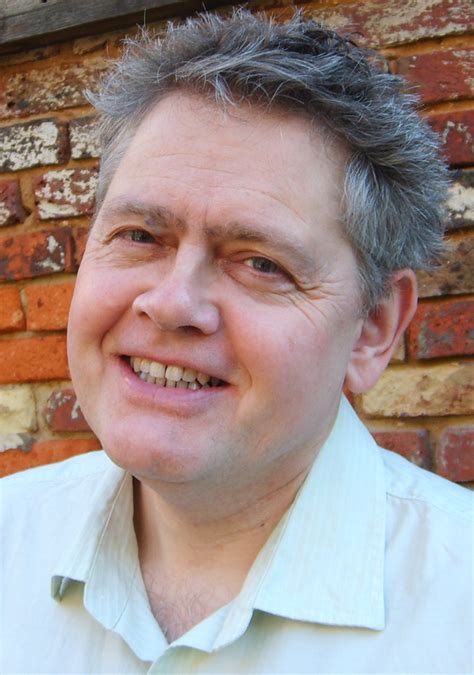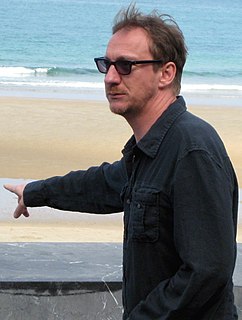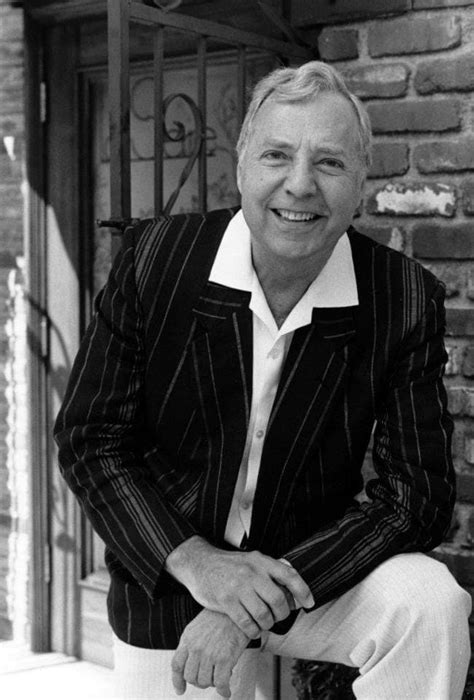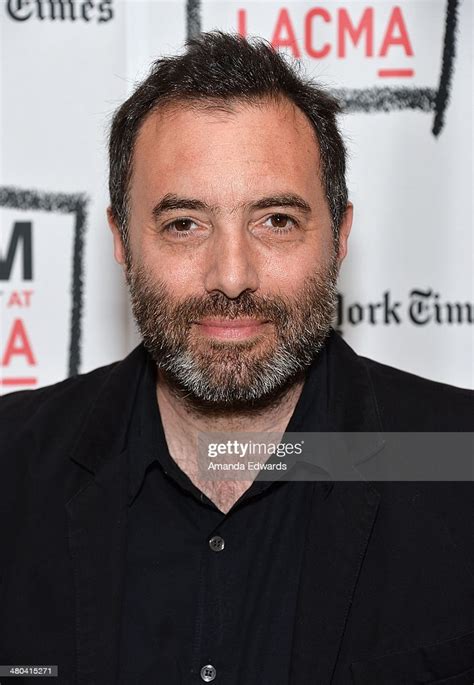A Quote by E. M. Forster
As for 'story' I never yet did enjoy a novel or play in which someone didn't tell me afterward that there was something wrong with the story, so that's going to be no drawback as far as I'm concerned. "Good Lord, why am I so bored" "I know; it must be the plot developing harmoniously." So I often reply to myself, and there rises before me my special nightmare that of the writer as craftsman, natty and deft.
Related Quotes
It's the form it takes when it comes out the other side, of course, that gives a story something unique--its life. The story, in the way it has arrived at what it is on the page, has been something learned, by dint of the story's challenge and the work that rises to meet it--a process as uncharted for the writer as if it had never been attempted before.
I'm afraid that the act of writing is so scary and anxiety-filled that I never laugh at all. In fact, when people tell me that such and such a scene or story is comical, I tend to gape. I did not intend comedy - ever, as far as I know. It's probably all a mistake. I am essentially a lugubrious writer. Ha ha!
It's only a story, you say. So it is, and the rest of life with it - creation story, love story, horror, crime, the strange story of you and I. The alphabet of my DNA shapes certain words, but the story is not told. I have to tell it myself. What is it that I have to tell myself again and again? That there is always a new beginning, a different end. I can change the story. I am the story. Begin.
But when I say it isn't meant for anyone's eyes, I don't mean it in the sense of one of those novel manuscripts people keep in a drawer, insisting they don't care if anyone else ever reads it or not.The people I have known who do that, I am convinced, have no faith in themselves as writers and know, deep down, that the novel is flawed, that they don't know how to tell the story, or they don't understand what the story is, or they haven't really got a story to tell. The manuscript in the drawer is the story.
Vera said: 'Why do you feel you have to turn everything into a story?' So I told her why: Because if I tell the story, I control the version. Because if I tell the story, I can make you laugh, and I would rather have you laugh at me than feel sorry for me. Because if I tell the story, it doesn't hurt as much. Because if I tell the story, I can get on with it.
The biggest threat to your creativity is the fear that it's already been done, said, created. (So why bother?)
Say it, do it, make it anyway - but tell YOUR story along the way.
The story of how you came to know what you know.
The story of what you want to know more of.
The story of why you do what you do.
The story of how you came to care.
And that's how you create what's never been created before.
Our life is so short that every time I see my children, I enjoy them as much as I can. Whenever I can, I enjoy my beloved, my family, my friends, my apprentices. But mainly I enjoy myself, because I am with myself all the time. Why should I spend my precious time with myself judging myself, rejecting myself, creating guilt and shame? Why should I push myself to be angry or jealous? If I don't feel good emotionally, I find out what is causing it and I fix it. Then I can recover my happiness and keep going with my story.






































